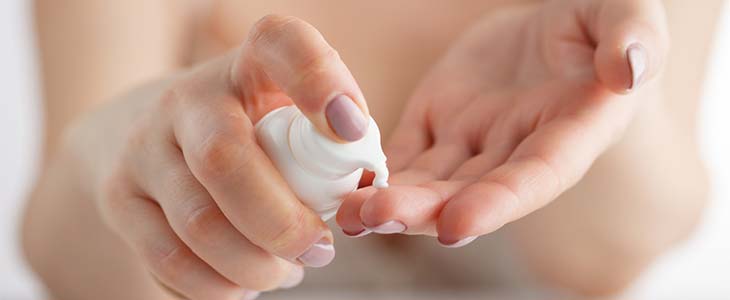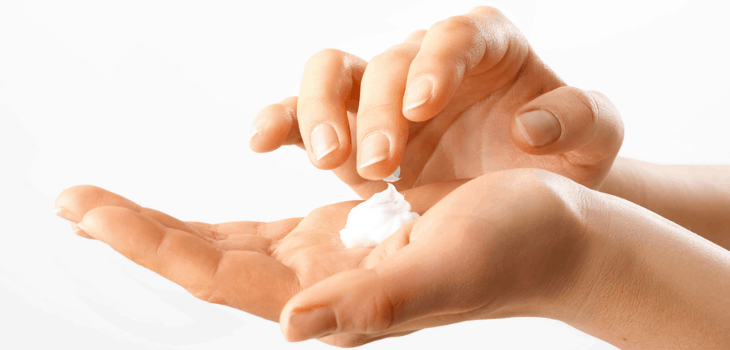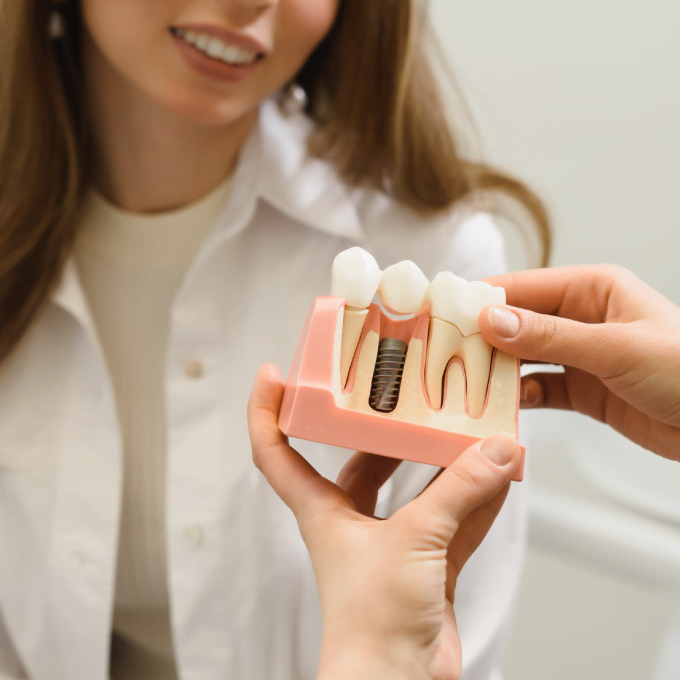How-to keep your skin hydrated this season
Dry skin and colder months go hand-in-hand, like custard and crumble. Proper moisturising is critical for having skin that looks young, radiant, and fresh!
As you’re likely well aware, the winter months don’t create a hospitable environment for your skin. During winter the humidity drops and the cold temperatures contribute to dry air. This drier air is much more aggressive on our skin and can take moisture out of the skin. And as always, be sure to drink plenty of water and to eat fresh fruits and vegetables high in vitamins!
Thankfully, winter hasn’t started yet, but with the weather cooling down it’s possible our radiators may kick-on any day now. This got us thinking, what are the most common causes of dry skin in winter and how can you prevent it?
Use lukewarm water
The weather paired with the fact more of us opt for a hotter shower or bath can make dry skin worse. Hot baths and showers remove moisture and natural oils from our skin that are meant to protect it. If a hot shower or bath is paired with a harsh soap it can lead to the skin drying out even further.
To help protect your skin we recommend you take a lukewarm shower or bath. Do this by checking the water temperature with your elbow or the inside of your wrist – if the water feels hot – turn it down until you can’t feel it or it feels warm.
Additionally, you should try to avoid the urge to rub your skin with a towel – instead pat or dab yourself dry. Then apply an oil-based moisturiser to damp skin to seal in moisture!

Check your cleansers
After a shower many of us use our morning or evening facial cleansers. If you have started taking lukewarm showers but are still noticing your skin is dry, irritated, red or sensitive – check the label on your facial cleanser and moisturiser.
Look to see which exfoliators it contains including the likes of glycolic acid or salicylic acid. Salicylic acid is commonly found in cleansers and moisturisers partially due to its anti-inflammatory properties and because it can help reveal newer skin to reduce the appearance of wrinkles.
Glycolic acid can be found in cleansers and moisturisers and is often used to fight blemishes, exfoliate the skin, to break down black heads and can help reduce the appearance of age spots, acne scars and wrinkles.
Normally, this is exactly what you need but, in winter when conditions are making your skin drier it might make your skin more sensitive and at a higher risk for over-exfoliating.
To help protect your skin we recommend you switch to a cleanser with moisturiser in it for a few weeks and rotate your normal cleanser back in once a week.
Use additional moisturisers
When lukewarm water and changing your cleanser aren’t enough you can always beef up your moisturising routine. There are a number of overnight and midday moisturisers you can use to help give your skin a healthy glow. We suggest you try using an overnight product first if your skin is exceptionally dry.
And remember, night time moisturisers are not a quick fix and that many can take up to a few weeks before you start noticing the effects.

If your office is very dry during the winter months you could keep a midday moisturiser spray at your desk or in your bag. Many come in a compact bottle perfect for giving your skin a quick mist to add a touch of moisture.
At AP Skincare we have a range of skincare services to help our clients to love their skin! Our three session EDermaroller Collagen Therapy is designed to help brighten, re-hydrate, and stimulate collagen production to improve the look and feel of your skin! Book a FREE consultation to see how we can help your skin.








 Dentures
Dentures
 Dental Implants
Dental Implants
 Braces
Braces
 Teeth Whitening
Teeth Whitening
 Smile Makeover
Smile Makeover